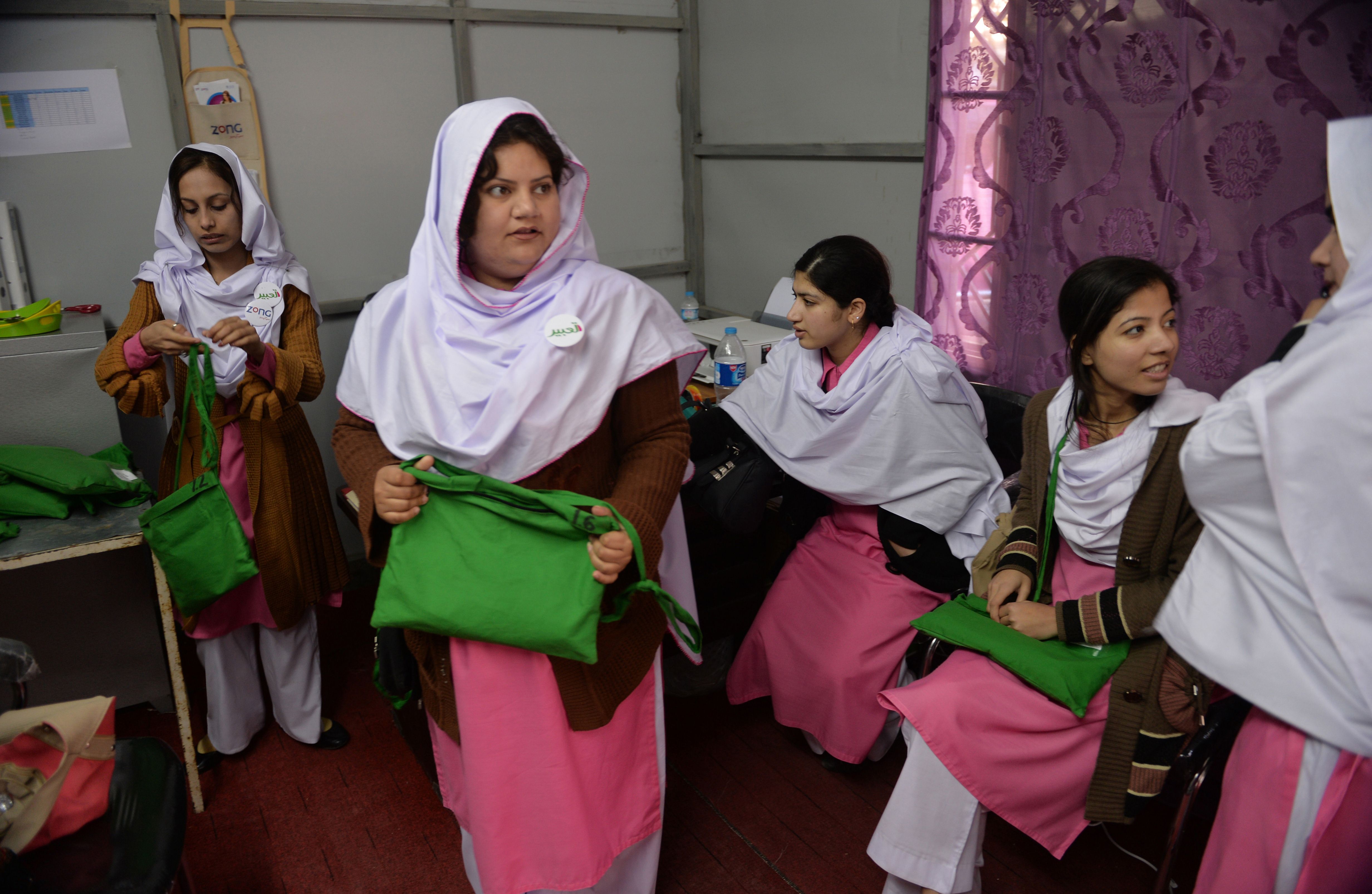
Did we ruminate and discuss the Oscars in Pakistan more than usual this year? It wasn’t the movies we talked about or the diversity controversy, the glamorous actresses and their beautiful gowns. It was Sharmeen Obaid-Chinoy’s award for her documentary, A Girl in the River, and what unfolded afterwards in Pakistan. The English language press and social media posted, tweeted and buzzed about an honour, few women, especially from Pakistan or South Asia, can boast of. It seemed that Pakistani women were on a winning spree. A few weeks earlier it had been Dr Mavalvala and now it was Chinoy’s win. All good so far. But the fuss continued a week later. The Chinoy award had coincided more or less with Mumtaz Qadri’s hanging. As the nation mourned Qadri, a sense of outrage had also emerged about the Sharmeen award. “Never mind if the country has earned a bad name, at least an Oscar was won”was one title which said it all. There were other pronouncements on her awards too: “Had Chinoy done something similar on violence against women in India, she would probably not be allowed to enter India,” or “Why couldn’t she have made a documentary on Shumaila Kunwal, the widow who had poisoned herself in protest when her family accepted compensation for her husband’s death in the Raymond Davis case?” Chinoy defended her documentary, explaining how she had only shown a positive handling of the real-life incident and praised the government’s acceptability of the message. It all left you wondering if you are the odd one out; you logged into LinkedIn to find young professionals liking and posting Qadri-related posts. On Facebook, they worried about how we are represented in the West and viewed by Western audiences. Did these people know that honour killings have, in fact, risen over the past 10 years? Have they seen the Aurat Foundation’s statistics for 2014, which showed that across the country, out of the total 10,070 cases of violence against women reported, there were 713 cases or at least two honour-related killings per day and the highest incidence of these was in Punjab? Did they know that honour killings are particularly problematic to prosecute and follow up and that is not just the ineffectiveness of the policing, but the respective compensation laws in the country, which have made it a category of crime not recognised simply as murder, requiring prosecution and punishment, but one where the victims’ heirs can settle the ‘issue’ through compromise and compensation? When is there going to be the right time to think about dealing with crime through punishment, not compensation and compromise — something which has long been advocated by the National Commission on Women and the women’s movement in Pakistan? Attitudes towards crime in general and especially when it comes to violence against women can only change when the law sets uniform standards and adequate accountability mechanisms. In this case, honour killings need to be made non-compoundable and non-bailable offences so that the wali or guardian and the perpetrator cannot reach a mutual agreement outside the court — something that has long been advocated by the Women’s Commission which had developed detailed recommendations on this matter in 2014 and in the Anti-Honour Killings Bill moved by Sughra Imam and passed by the Senate in March, 2015. Until there is impunity for the culprits and legal consequences for the perpetrators, violence against women will continue with acceptance and as a norm. Considering Pakistan’s track record on the implementation of law in general and especially when it comes to pro-women laws, should Pakistani women even feel jubilant over the new bills passed in Sindh and Punjab on early marriages, on registration of marriage and divorce for Hindus in Sindh or the Punjab women’s Protection Bill? The latter is one which has already been denounced by conservatives and critics as NGO-driven legislation, hence making it suspect and part of Western agenda. Did the critics of the bill know that the Pakistan Demographic and Health Survey (PDHS) 2012/13 had found that over 40 per cent of women and girls surveyed had suffered from violence at some stage in their life, while 52 per cent had never sought help for this and felt that a husband is justified in beating his wife? Do they know that the Act calls for setting up dedicated centres to cater to women survivors, bolstering the meagre facilities at the 26 government-funded shelter homes which exist at the moment? We recently observed International Women’s day. The shame is that even on that day, the Women’s Commission was without a chair and still is. At the same time, the survey planned on Women’s Social and Economic Well-being, by the Commission at the end of 2015, has not been initiated. In 2016, our men are still grappling with the idea of women’s representation before Western eyes within the tradition and culture paradigm. - Express Tribune